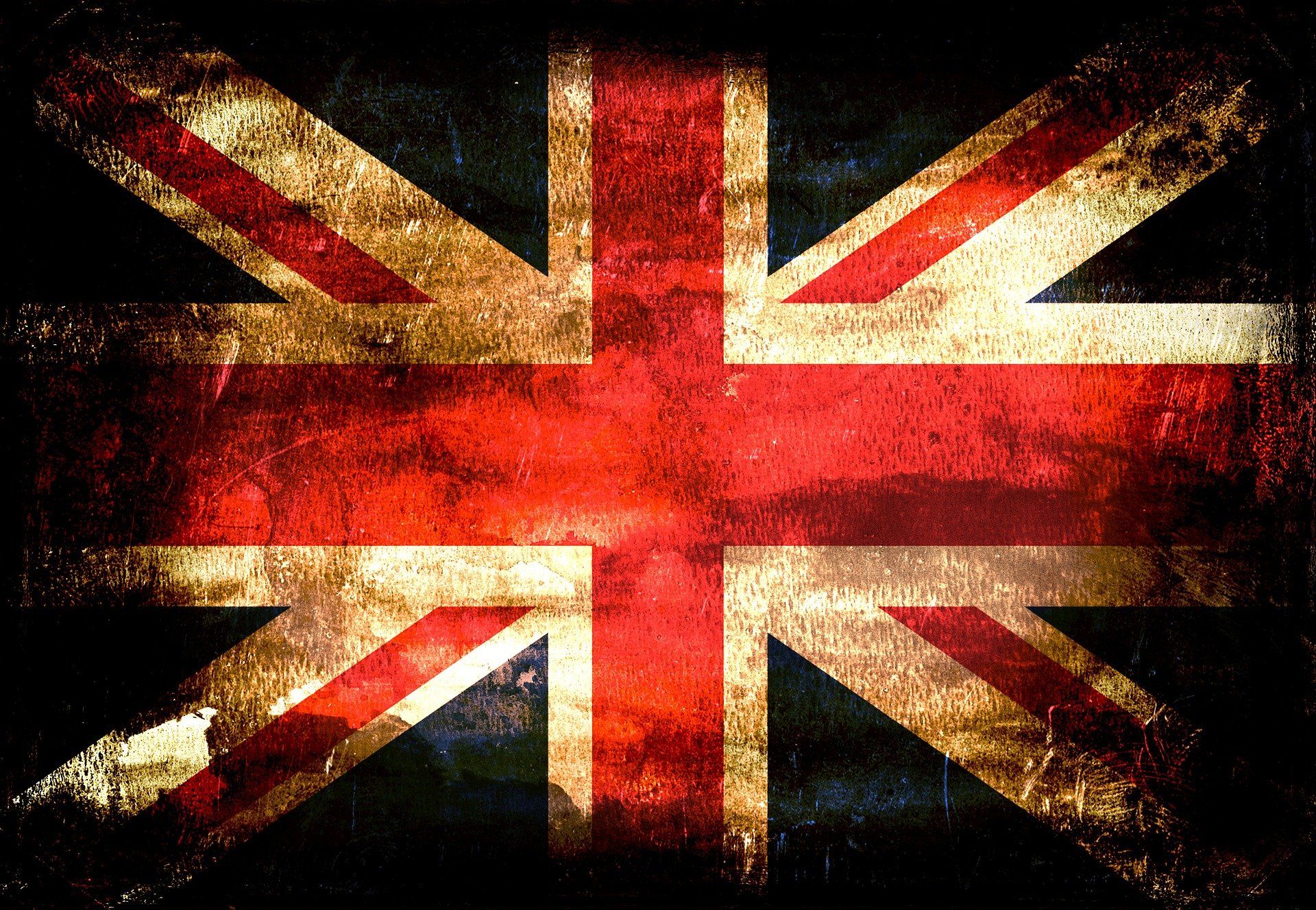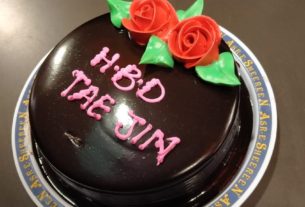Support NewsLeaf.com from as little as £1 by donating via PayPal. Click here to donate.
Is the United Kingdom ready for a serious discussion about racism and misogyny? Probably not. The unequal treatment of Theresa May and Nicola Sturgeon compared with their male counterparts, or the abuse directed towards Diane Abbott, reaching more shocking heights due to the intersections with race, demonstrates the persistent intolerance within the United Kingdom. The polarised reaction to the Harry and Meghan interview with Oprah is just further evidence that we are not ready to address these issues seriously. The interview, and indeed their story these past four years, goes far beyond the couple or the Royal Family, but speaks to the United Kingdom’s entire troubled history with racism and sexism.
The view is this: Meghan, the waitress, turned actress, turned Duchess, should be grateful to the United Kingdom for having her; she should give up her life, her identity, her safety, and (as was made clear in the interview) her mental health, to serve a country and a system that she was not a part of, nor was welcomed into.
That view however, is not the end of the story. Since her arrival to the United Kingdom, Meghan Markle was subjected to media scrutiny and character assassinations not seen since Princess Diana, except with the added racial intersection; The Queen may have been nothing but ‘wonderful’ to her, but the British media and public at large were not. As Meghan herself said of comparisons between her and Kate Middleton’s choice of avocado toast: ‘that’s one loaded piece of toast’.
Upon entering the Royal Family herself, Kate Middleton was often criticised as ‘frumpy’ or ‘boring’ by the British press; blatant sexism and misogyny was directed towards the ‘commoner’ girlfriend of the future king. It was the intense media scrutiny of her relationship with Prince William that led them to briefly break up in 2004.
However, since Meghan came into the picture, Kate Middleton has been pinned as the picture of perfection; exactly what we want of a British Royal. Feminine and delicate, but more importantly, quiet and white. Meghan, albeit fairly white passing, was simply too dark for the British press and according to prince Harry, even his own family – who allegedly questioned how ‘dark’ their baby might be. Meghan’s prominent role as a social justice activist and campaigner – akin to the post-palace life of Princess Diana – was simply unacceptable. Both in the press and wider public. This bred an unprecedented backlash against her.
Piers Morgan has become the de facto representative of the white, predominantly male ‘traditionalists’ of society who believe that a mixed-race woman facing an unprecedented barrage of often racist abuse should deal with it and be grateful to the country she has been lucky enough to move to. He represents and regularly platforms a view that Meghan Markle’s mere existence is an aberration, not just to the Royal Family, but to the United Kingdom. Piers Morgan further represents the abuse some men will dole out after being rejected; an all-too-common experience for many women.
The interview was simply a couple who have been vilified in the press wanting to get their side of the story out there; a couple subjected to amongst the most vitriolic and often false media scrutiny, wanting to push back against the narratives perpetuated against them. Yet that is not what the Piers Morgans of the United Kingdom were willing to watch. They were waiting for any sign of Meghan’s manipulativeness and fakeness, with many taking to twitter to bemoan an actress’ ‘poor performance’.
For those who watched with the intention of hearing their side of the story, Harry and Meghan were delicate to protect The Queen and the Duke of Edinburgh from scrutiny, often going out of their way to separate the institution of the Royal Family from the individual members of it. For those who didn’t, it was an attack on the monarchy. Others took it further, seeing statements about Meghan being denied mental health support by senior palace staff as an attack on the British state itself.
The existence of Meghan Markle and the vitriol she is subjected to is shining a light on the racism and misogyny that pervades all corners of a country whose wealth was built over hundreds of years, primarily on the back of colonialism. Although this narrative is true of many countries, the United Kingdom’s obsession with being ‘post-racial’ and multicultural acts as a thin veil over the continuing racism that exists throughout the country.
‘Harry – a white, cisgender, heterosexual male – exemplifies the way people should approach issues that don’t directly apply to them: education and allyship.’
Whilst headlines of the Duchess of Sussex splashed next to those of the Duchess of Cambridge give a particularly overt look into the intersection between racism and misogyny, a widely ignored phenomenon, it is symptomatic of the continuing threads that run through hundreds of years of history and have not been properly confronted. Where the Black Lives Matter movement shone a light on the often-overt racism that exists on Britain’s streets, Meghan Markle shone the same light on the broadsheets, tabloids and royal institutions. Yet these are only representations of the troubled history and continuing legacies of racism within the attitudes of the public in the United Kingdom.
The United Kingdom’s particularly vicious intersection between gender and race is frequently brought out when it comes to the Royal Family. It has become a metaphor for the wider view amongst many that Britain is a white country and should always be white, the Royal Family are sacred and when someone dares to not be white, it is an aberration. This was true of Princess Diana too, dating Dodi Fayyed, the son of Egyptian billionaire Mohammed el Fayyed, after leaving palace life. The worsening scrutiny of her life in the media when this relationship came to light draws intense echoes of the treatment of Meghan Markle when she entered the palace.
The Royal Family, the media, the legal system, the statues on our streets; these are all symptoms of an attitude that lies not too far below the surface. An attitude that is brought to the fore as soon as anyone – particularly a woman of colour – decides to shine a light on it by simply existing in a prominent position. It is not that any one editor or palace institution is racist and misogynistic, it is that centuries of history have woven these attitudes into the public consciousness and the institutions that make up the British state.
That Dianne Abbott is still the most abused U.K. politician on Twitter – despite never holding a Cabinet position and no longer sitting on the shadow front bench – is a clear representation of this viscous intersection in the United Kingdom. A woman prime minister the British public can stomach, a male BAME Chancellor is also acceptable; but when race and gender intersect, the result is far worse. It is not surprising that the only prominent woman of colour to have served in a high-level cabinet position is Priti Patel, a politician who represents amongst the most extreme views on immigration and race in the entire U.K. political system.
In the interview, Prince Harry himself said he had never understood the extent of racism and misogyny in the United Kingdom before meeting Meghan. As a white, affluent male, he had no experience of it. He made it clear that throughout the last four years, he, by virtue of marrying a mixed-race woman, has become distinctly aware of it, and has had to leave the country in order to protect her, their son, and himself.
After what happened to Princess Diana, it was history repeating itself, except this time, there was an intersection with race. Even a royal, brought up steeped in privilege, at the heart of the British state, became aware of the deeply ingrained racism and misogyny at the heart of the United Kingdom.
Whilst Meghan has shone a light on embedded racism and misogyny, Harry – a white, cisgender, heterosexual male – exemplifies the way people should approach issues that don’t directly apply to them: education and allyship. That so much of the public believe that his approach to this is manipulation by his wife, or the sign of a weak ‘beta-male’, tells you just about everything about the readiness of the British public to confront racism and misogyny.
____________________________________________________________________________

Bethany Burns is a psychology student at the University of Surrey and will be attending the University of Law next year to gain a masters in law. She primarily writes about social justice issues, particularly feminism and gender issues.

Calum Paton is a History and Politics graduate from the University of Warwick and he is currently studying a MA at the University of Law. His writing predominantly focuses on American and British politics. Twitter: @Paton_Calum




